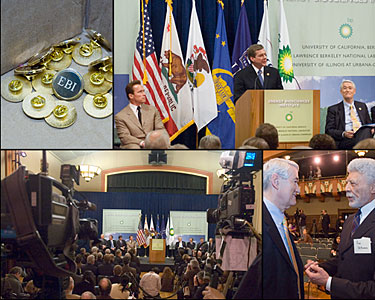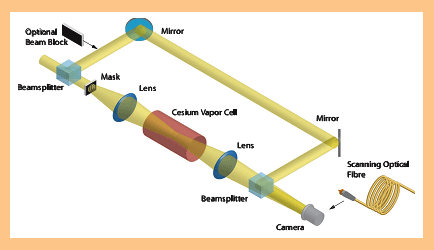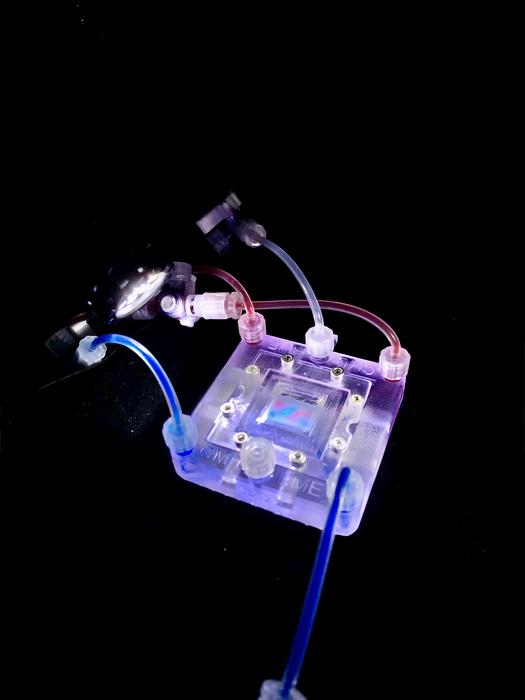 Bioprinting Pancreatic Tissues
Bioprinting Pancreatic TissuesTrial lawyers hate when scientists note that animals are not tiny people, so their claims PFAS...
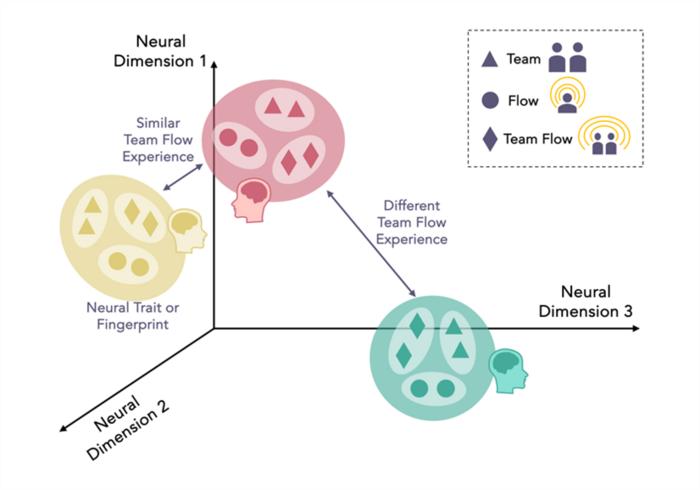 Using AI To Find Neural Traits In Social Interaction
Using AI To Find Neural Traits In Social InteractionAn algorithm that maps individual brain activity can reveal a “neural fingerprint” of ...
 Prosthetic Hearing: Soft Brainstem Implant One Step Closer To Human Trials
Prosthetic Hearing: Soft Brainstem Implant One Step Closer To Human TrialsThe cochlear implant has helped many regain hearing functionality and a new study shows a potential...
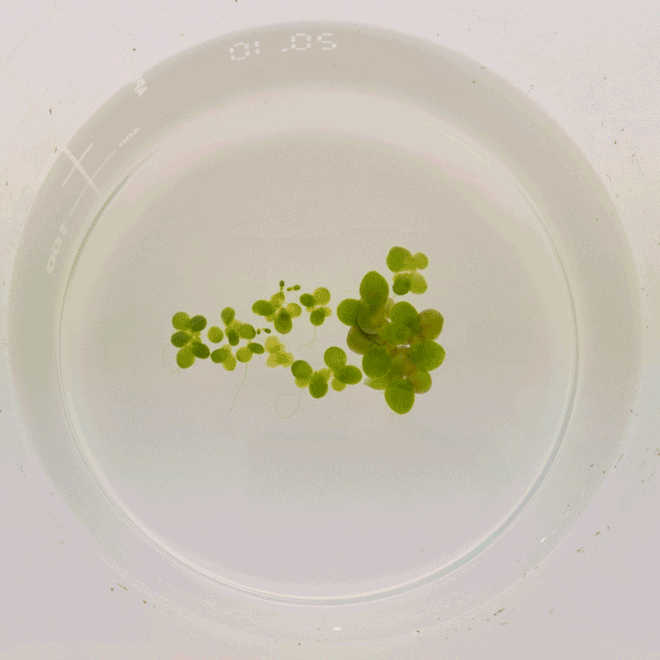 Duckweed Science May Lead To Food That Farms Itself
Duckweed Science May Lead To Food That Farms ItselfDuckweed split into different species 59 million years ago, when the climate was more extreme than...




